What is injection molding?
Injection molding is a highly efficient manufacturing process that involves injecting heated, molten plastic into a metal mold to form parts with precise shapes and dimensions. Ideal for mass production, it is widely used in automotive, electronics, medical, and consumer industries. With extensive expertise in mold design and injection molding, we provide one-stop solutions from product development to volume production.
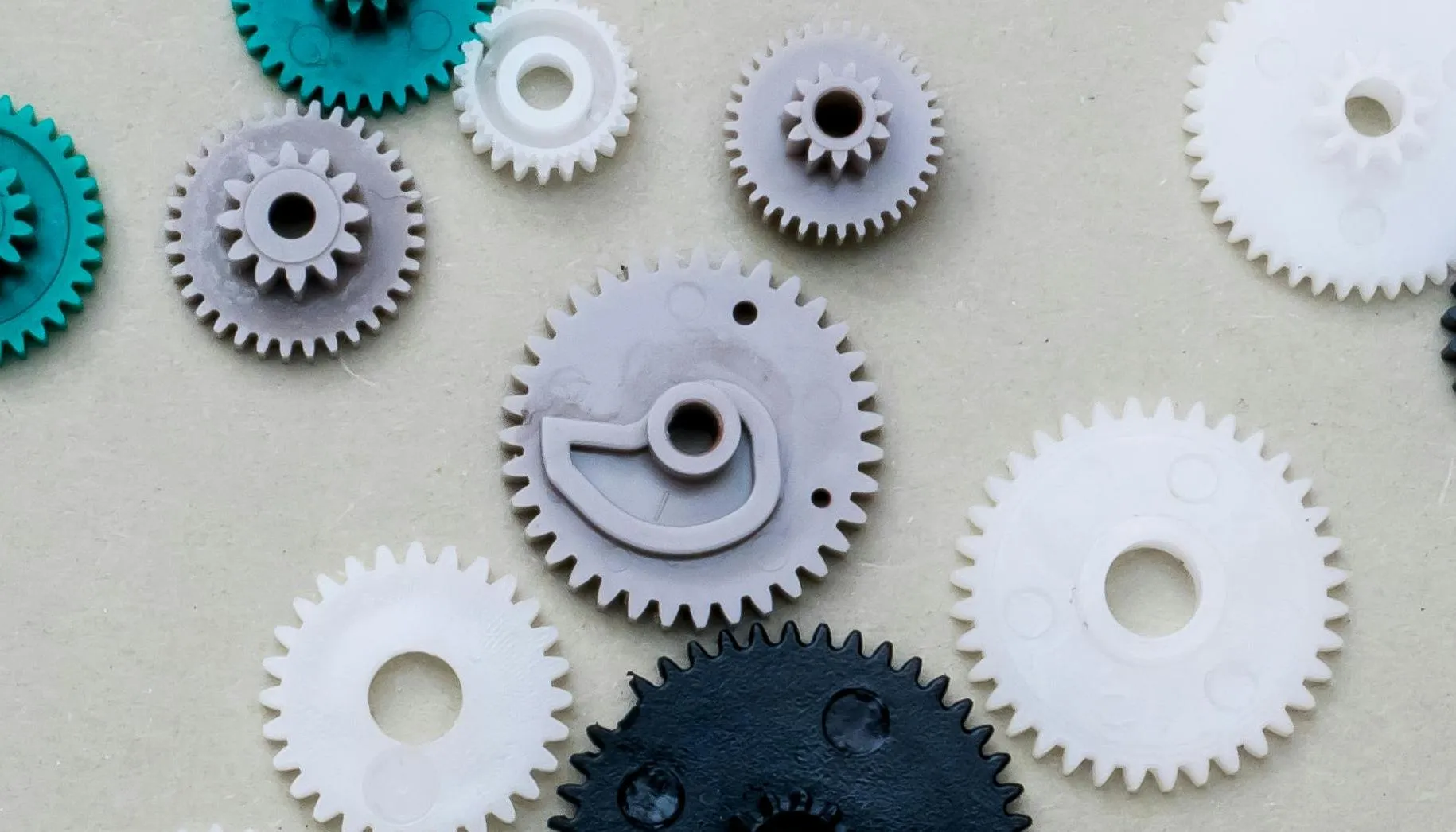
Plastic Injection Mold Materials
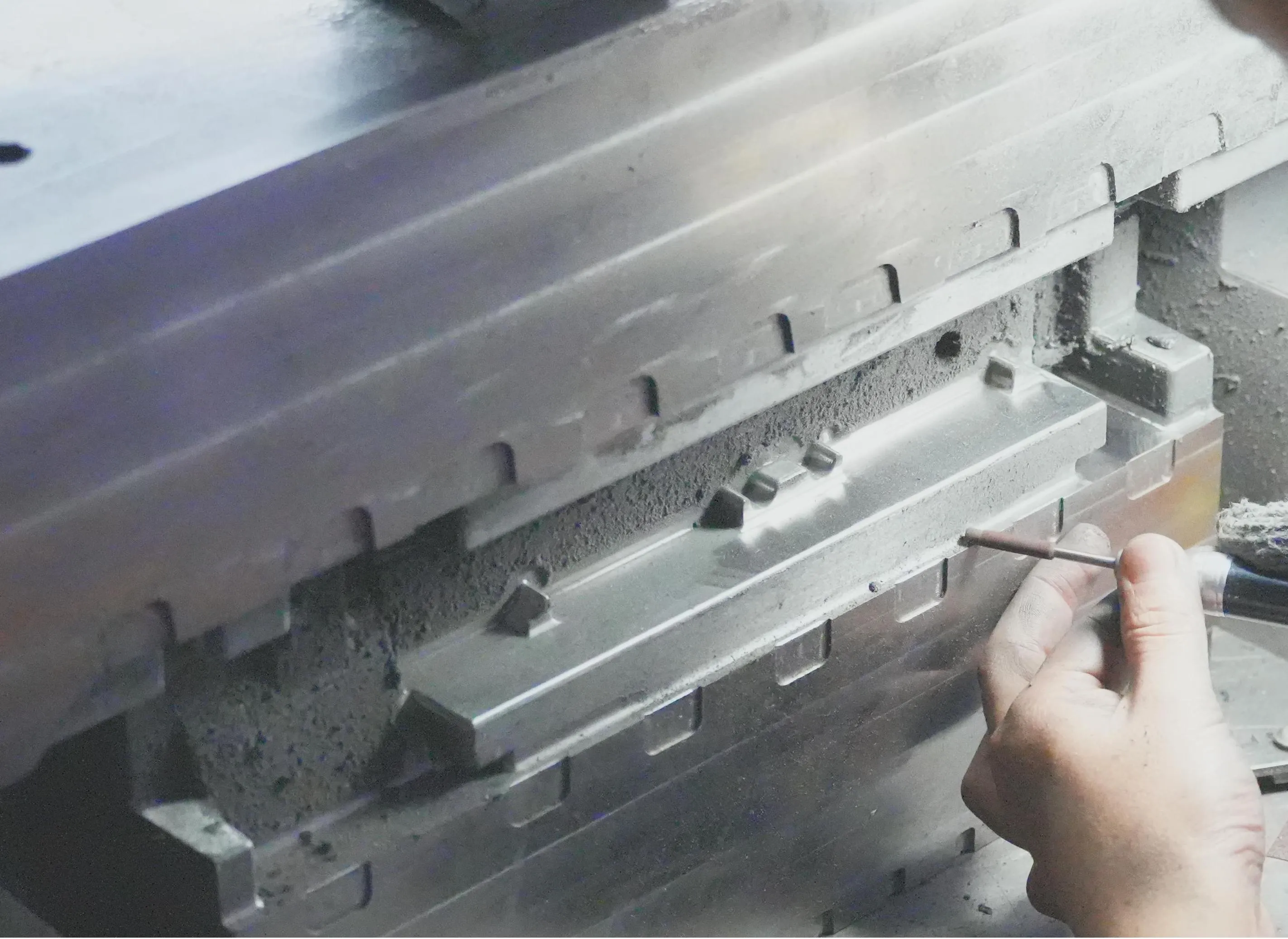
01
Steel Types
We select the most suitable steel types based on part design, production volume, and plastic material. Common choices include P20, H13, S136, and NAK80—each offering specific advantages in hardness, and corrosion resistance to guarantee long-lasting and efficient mold performance.
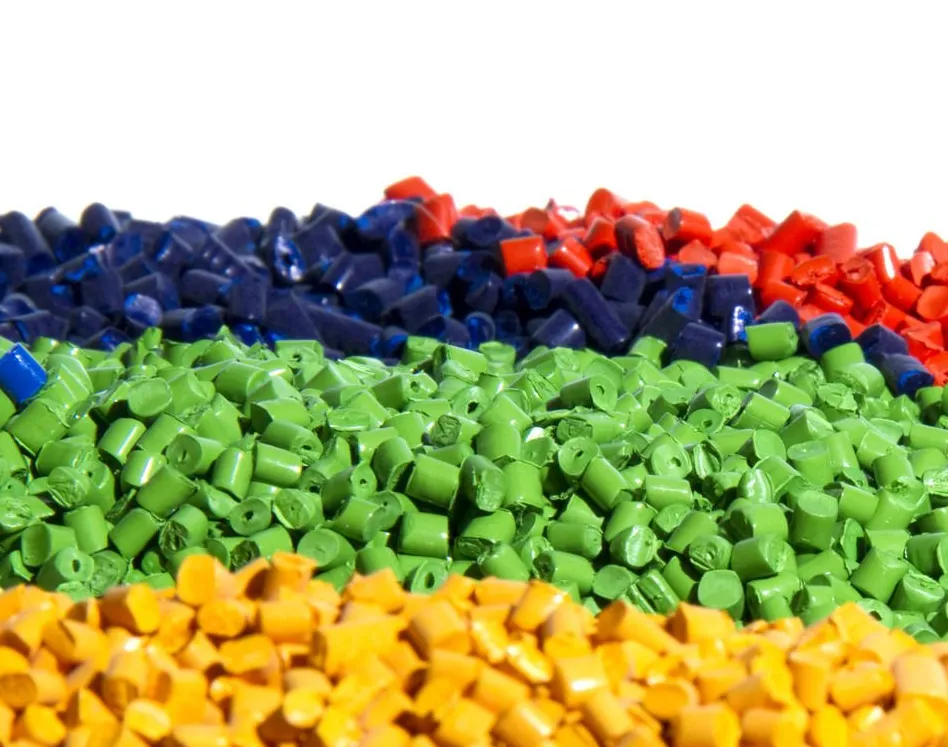
02
Materials
We recommend materials based on your product’s application, functional requirements, and working environment. Common options include ABS, PP, PC, PA, POM, and TPU, each offering unique characteristics in rigidity, elasticity, transparency, and wear resistance—ensuring optimal performance and cost-effectiveness.
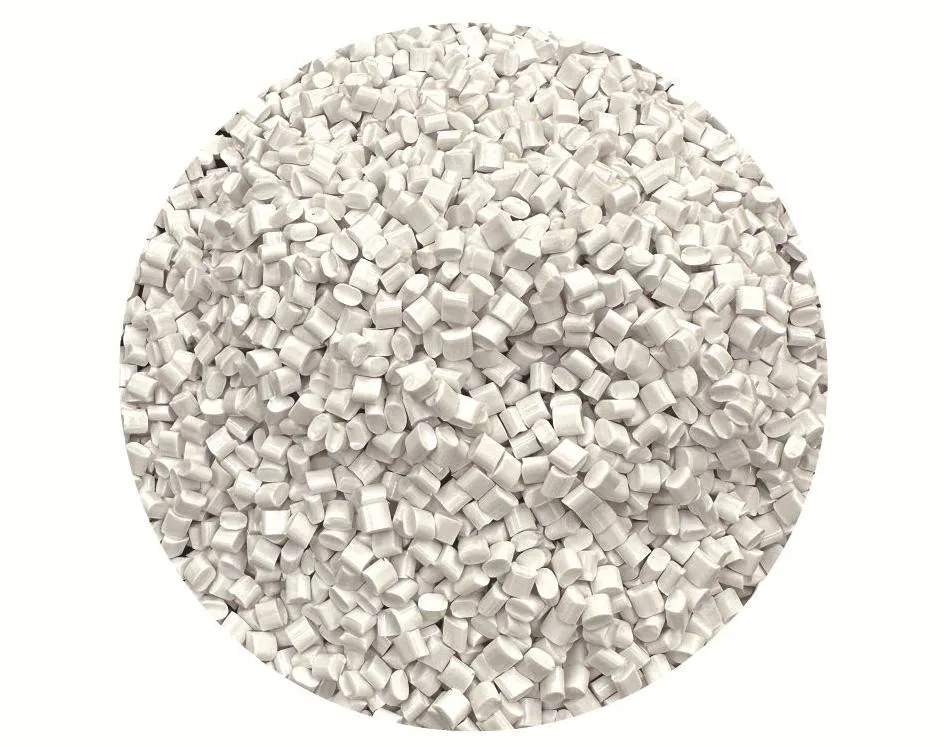
03
Other Materials
Standard plastic materials may not always meet the specific requirements of custom injection-molded parts. In such cases, additives and reinforcing fibers can be introduced to enhance both visual and functional properties, providing added value and durability to your injection molded products.
Surface Treatment Types - Process Overview
At Yuhui, we offer a range of high-quality surface treatments designed to improve corrosion resistance, aesthetics, and product lifespan. Our surface treatment processes adhere to environmental standards, promoting sustainable and green manufacturing.
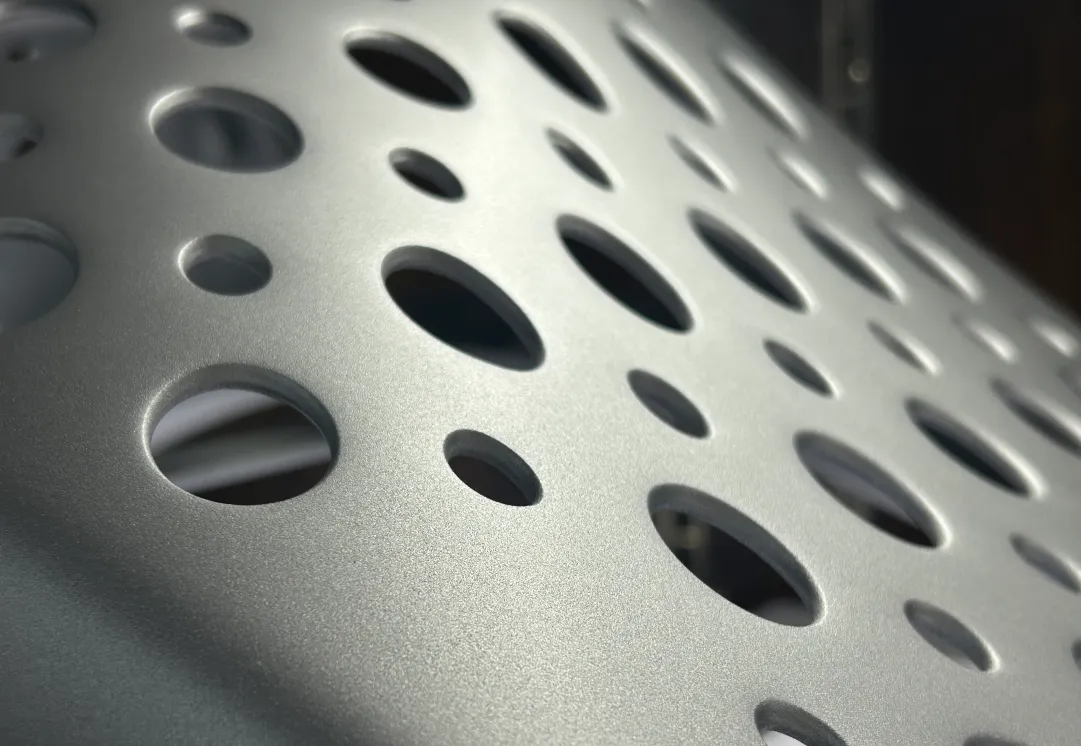
Painting
Powder Coating
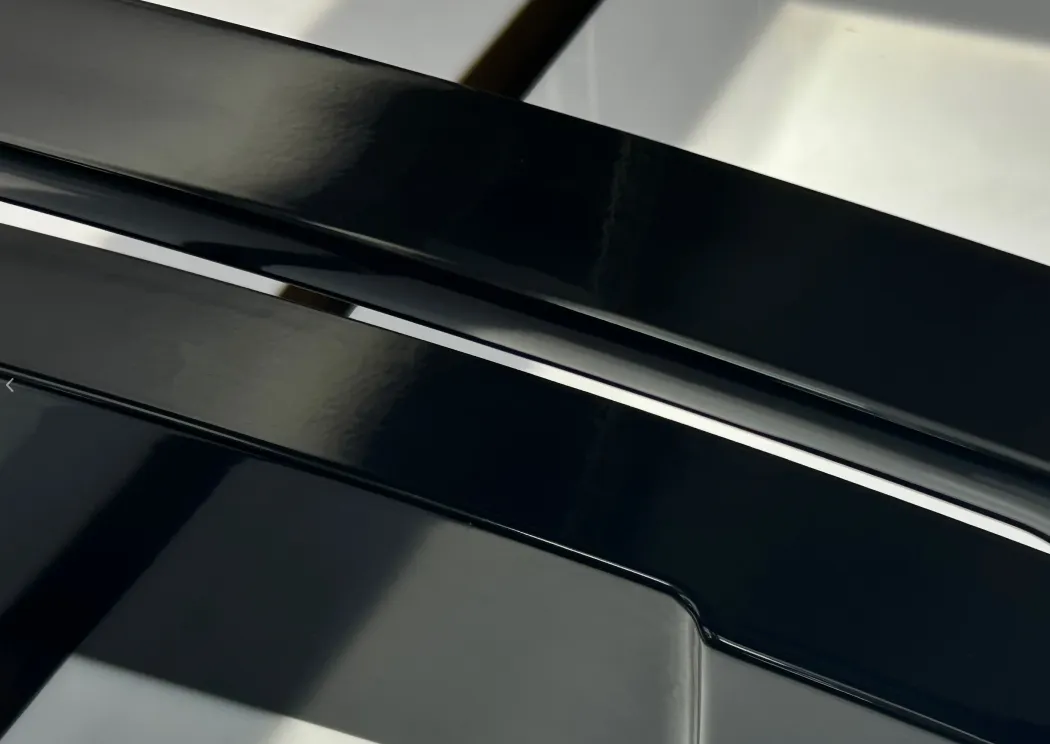
UV Coating
Sandblasting
Create the perfect metalworking for you with our custom services


Injection Mold Workshop
The injection molding department at Yuhui is equipped with state-of-the-art machinery and staffed by experienced professionals, delivering top-tier surface finishing services to ensure high-quality products with an exceptional appearance. Our team is skilled in adjusting processes to meet specific client requirements, including optional sandblasting for those seeking unique surface textures. Dedicated to meticulous attention to detail, our deburring department ensures that every product meets or exceeds industry standards for quality and finish.
27 +years
Of experience
2500T
Capable of producing
30000 +㎡
Production Workshop
Small Molded Parts with in Days
Our complete CNC aluminum service will accompany your aluminum machining project from the prototype construction to the end aluminum parts manufacturing.
Get a Quote
Grinding Process for Sustainable Operations
At Yuhui Die Casting, we offer sustainable grinding processes that ensure both high production efficiency and environmental responsibility. Our approach includes:

Energy-efficient Equipment and Optimized Processes
We utilize energy-saving grinding equipment and optimize the entire process to reduce power consumption and material waste. This not only lowers production costs but also helps to minimize carbon footprints.

Waste Recycling and Reuse
Waste generated during grinding, such as abrasives, dust, and metal shavings, is effectively collected, sorted, and recycled. This reduces waste disposal and improves resource utilization.

Use of Eco-friendly Materials and Abrasives
We choose eco-friendly abrasives and materials that not only reduce environmental impact but also ensure our products comply with green standards and regulatory requirements.

Process Optimization and Automation
By integrating automated equipment with manual operations, we eliminate unnecessary production steps, optimize the process, and improve production efficiency while minimizing scrap rates.

Employee Training and Safety Management
We provide employees with training on environmental protection and safety to ensure that operations are safe and environmentally conscious, protecting both workers and the environment.
Through these practices, we maintain a sustainable and eco-friendly grinding process while delivering high-quality products and meeting global environmental standards.
Material
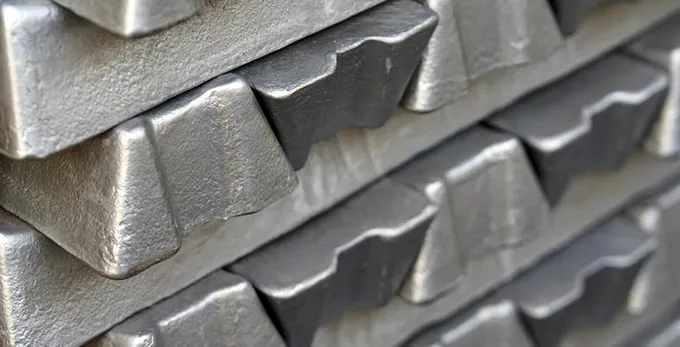
Aluminum Alloy
Aluminum casting offers a lightweight, corrosion-resistant solution with excellent thermal conductivity and recyclability, making it suitable for a wide range of applications.
Aluminum ADC12, ADC6, A360, A380
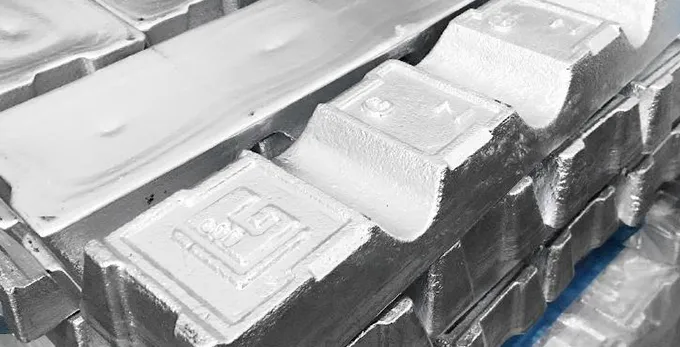
Zinc Alloy
Zinc alloy casting provides high precision and excellent flowability for intricate designs, along with good corrosion resistance and lower production costs.
Zinc Zamak 3, Zamak 5, Zamak 2, ZA8
Eight Processes
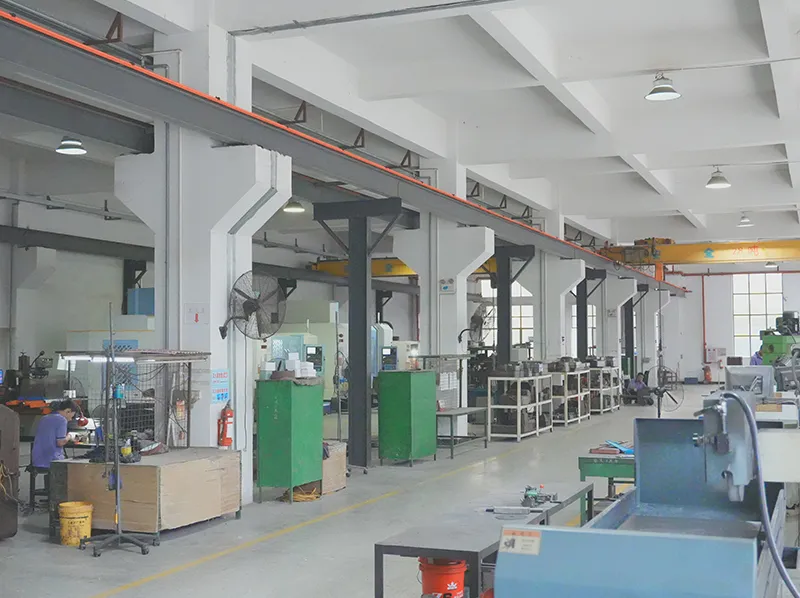
High-accuracy aluminum and zinc alloy parts produced with state-of-the-art die casting machines ranging from 88T to 2000T.
Read More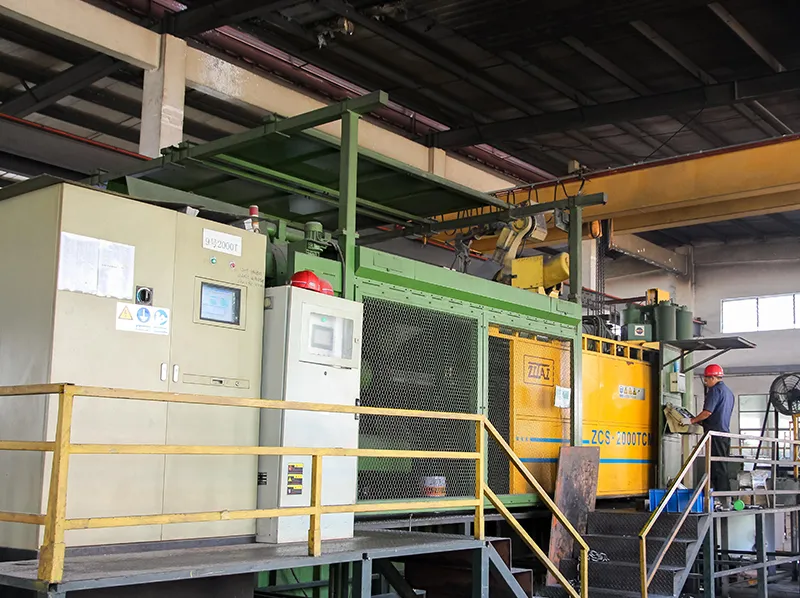
With machines from 88T to 2000T, we produce high-accuracy aluminum and zinc alloy parts efficiently.
Read More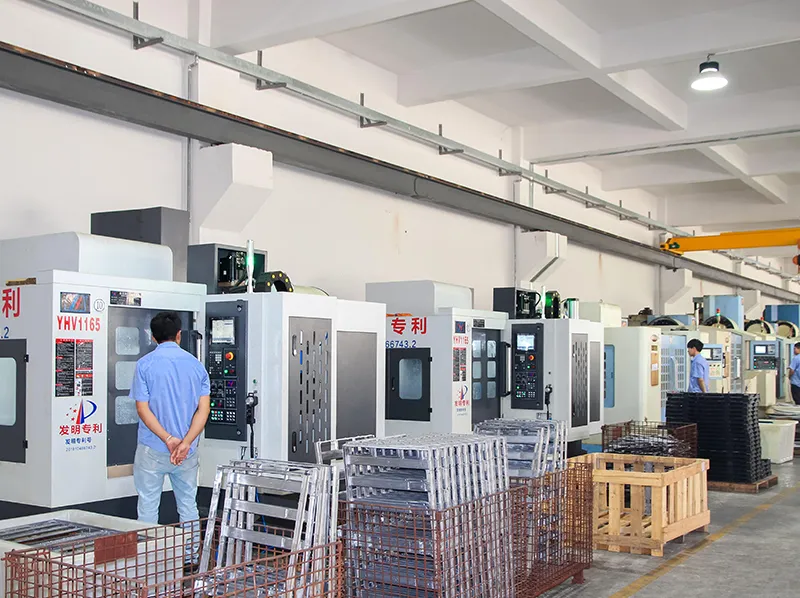
Over 50 CNC machines, including 3-axis, 4-axis, and 5-axis, deliver precise and efficient machining for complex components.
Read More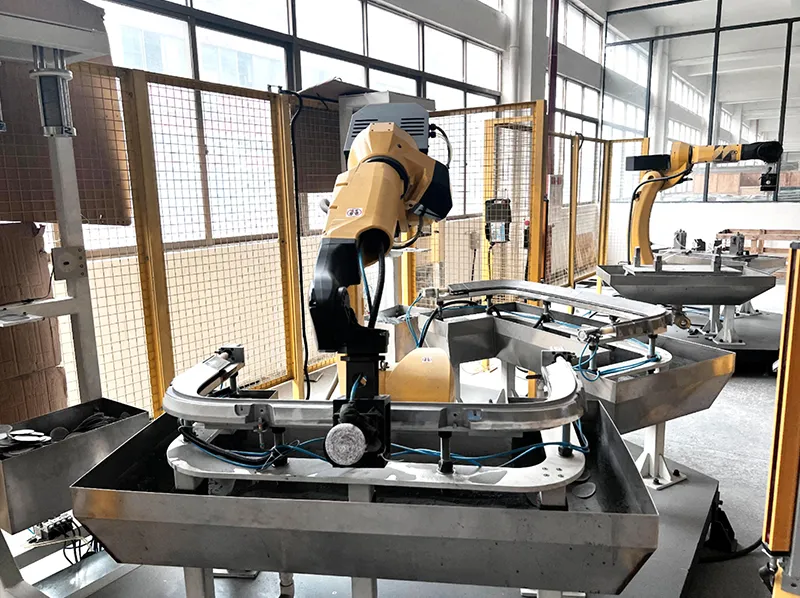
A combination of manual and automated deburring techniques ensures smooth, defect-free surfaces for optimal performance.
Read More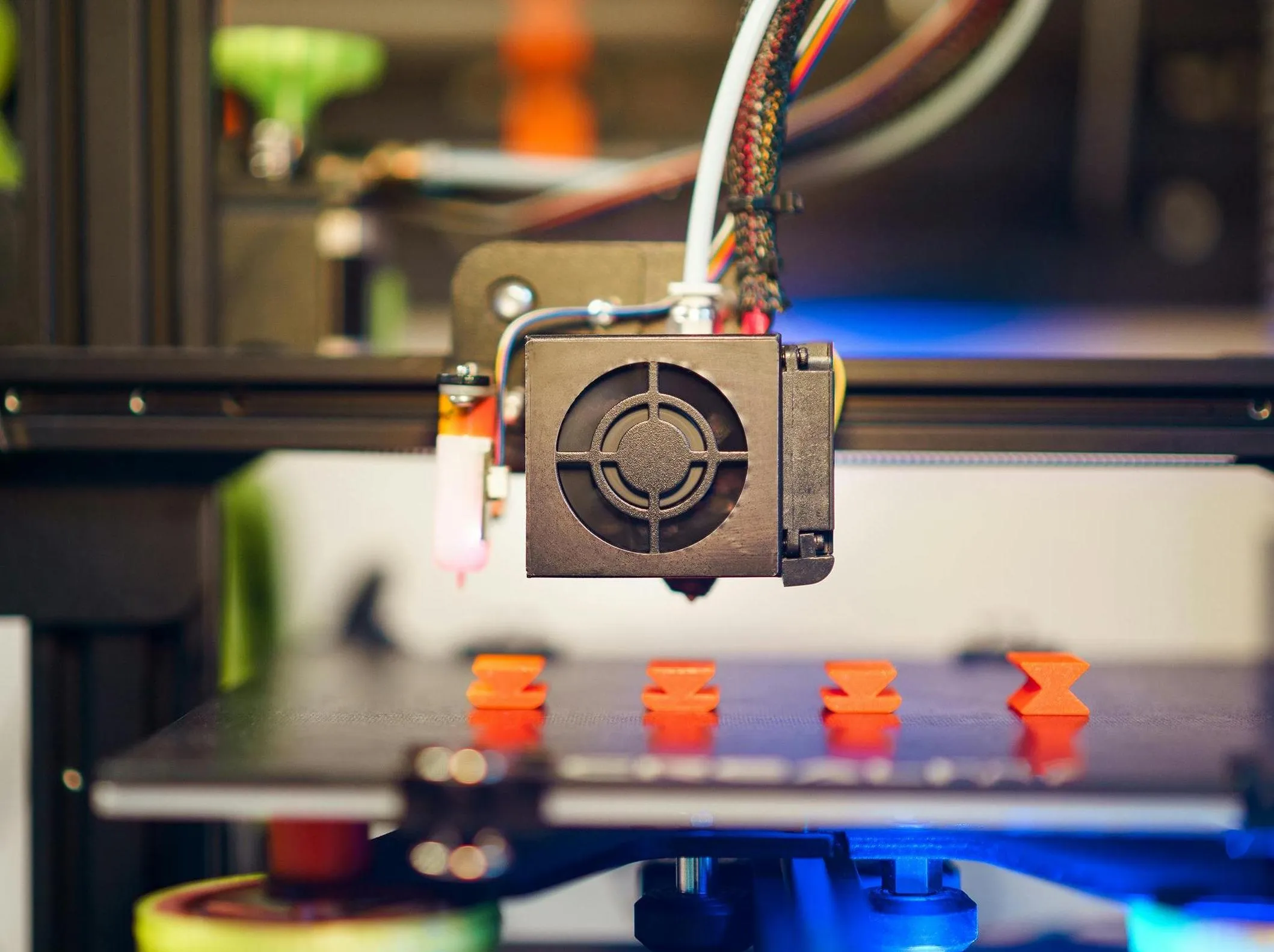
Post-casting reshaping and alignment guarantee dimensional accuracy and structural integrity.
Read More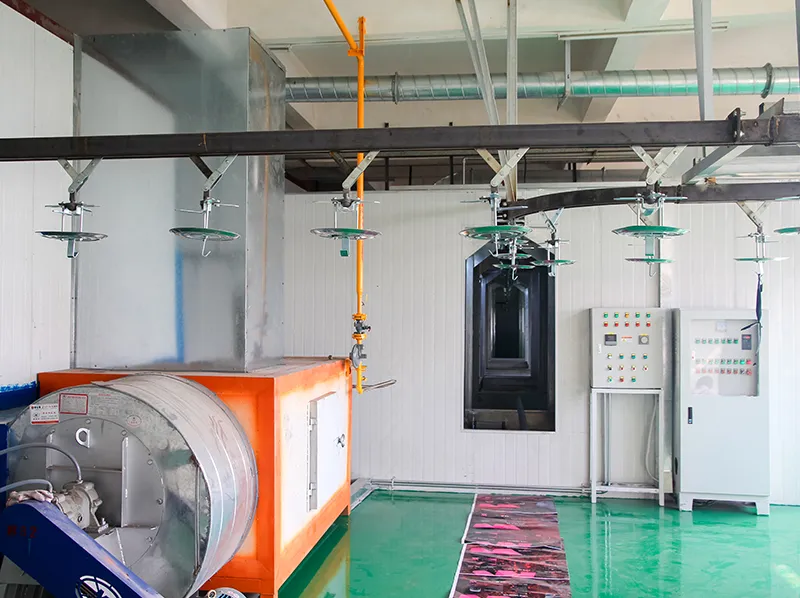
Comprehensive finishing solutions, including powder coating, spray painting, and UV coating, ensure superior durability and aesthetics.
Read MoreSolution
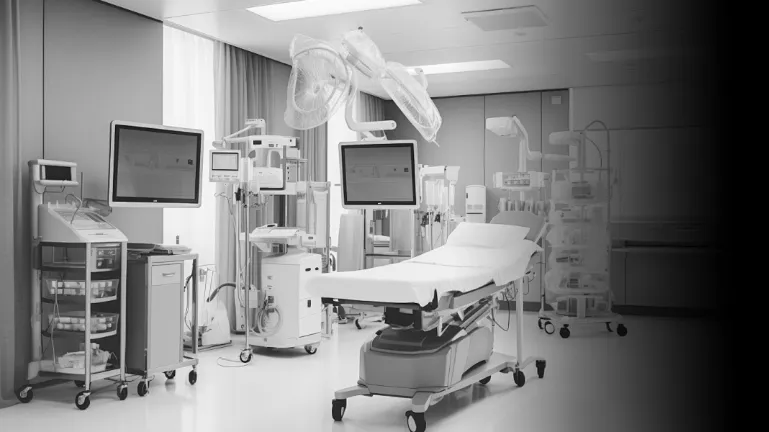

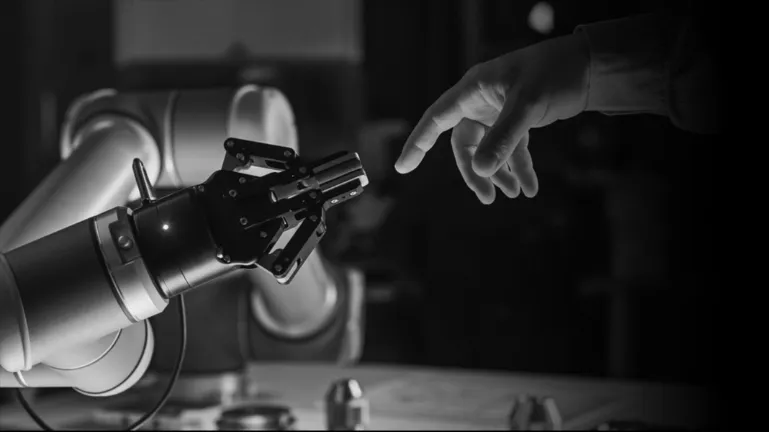
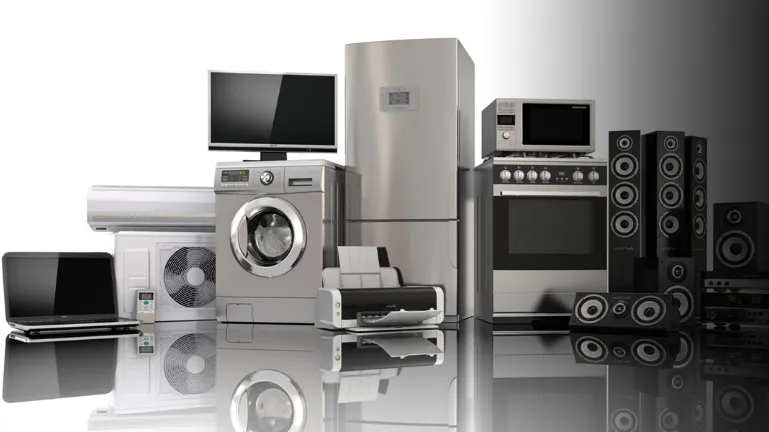
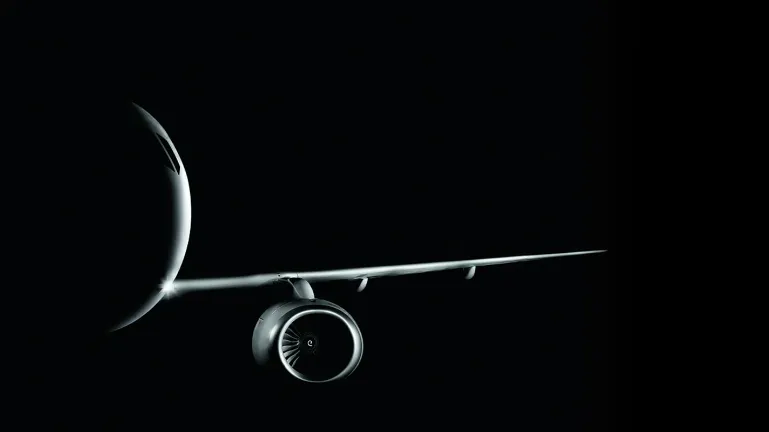
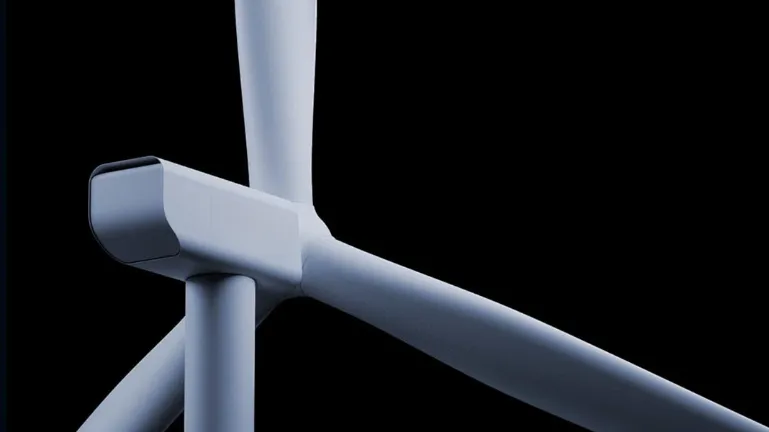
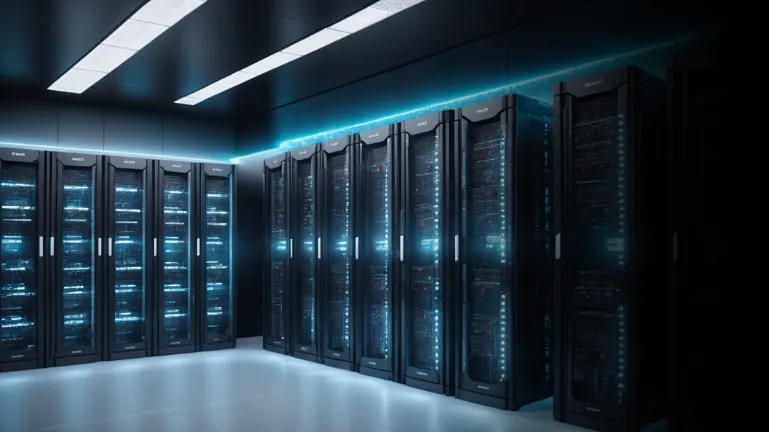
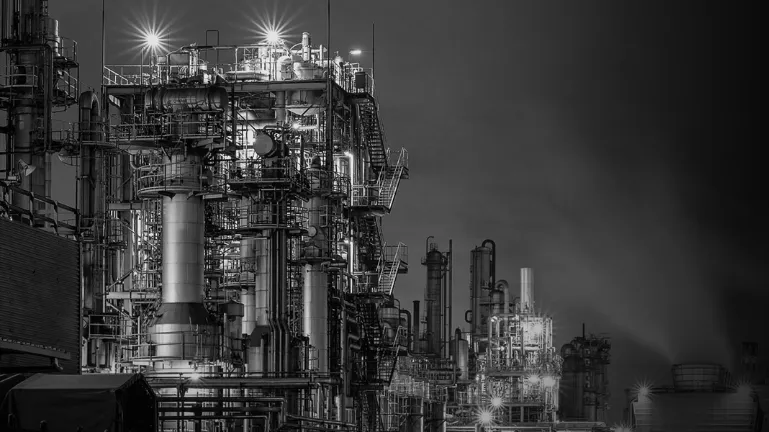
Product
FAQ
Q: What deburring methods do you use?
+ -A: We utilize various deburring methods, including manual deburring, mechanical deburring (grinding, tumbling), thermal deburring (TEM), and chemical deburring.
Q: How do you prevent surface damage during deburring?
+ -A: We select appropriate deburring tools and methods based on material characteristics and strictly control processing time to ensure no surface damage.
Q: Can you handle parts with complex shapes?
+ -A: Yes, our mechanical and chemical deburring techniques can effectively process complex structures and internal cavities.
Q: Will deburring affect the dimensional tolerance of the part?
+ -A: We conduct precise measurements before and after deburring to ensure that dimensional tolerances remain within customer specifications.
Q: Do you offer surface finishing services after deburring?
+ -A: Yes, we provide various surface treatments after deburring, such as anodizing, and coating.
Q: How do you handle deburring for batch production?
+ -A: We utilize automated deburring equipment, such as vibratory finishing machines and sandblasting machines, to enhance efficiency and ensure consistency.
Q: Does deburring generate residues? How do you handle them?
+ -A: We use high-pressure air blowing and ultrasonic cleaning to thoroughly remove residues and ensure parts are clean.
Q: Can you provide customized deburring solutions for different materials?
+ -A: Yes, we offer specialized deburring solutions based on the material of the part (such as aluminum alloys, stainless steel, and brass) to achieve optimal results.
Q: Is your deburring process suitable for precision components?
+ -A: Yes, our deburring process is applicable to high-precision components and can be combined with CNC machining to ensure strict edge quality standards.
Q: Do you use robotic polishing for deburring?
+ -A: Yes, we have robotic polishing systems that provide efficient and consistent deburring and surface finishing.
Put Your Parts Into Production Today
Get a Quote


Get in Touch
If you cannot find a suitable product, please leave a message or contact us. We have a dedicated technical team to serve you.